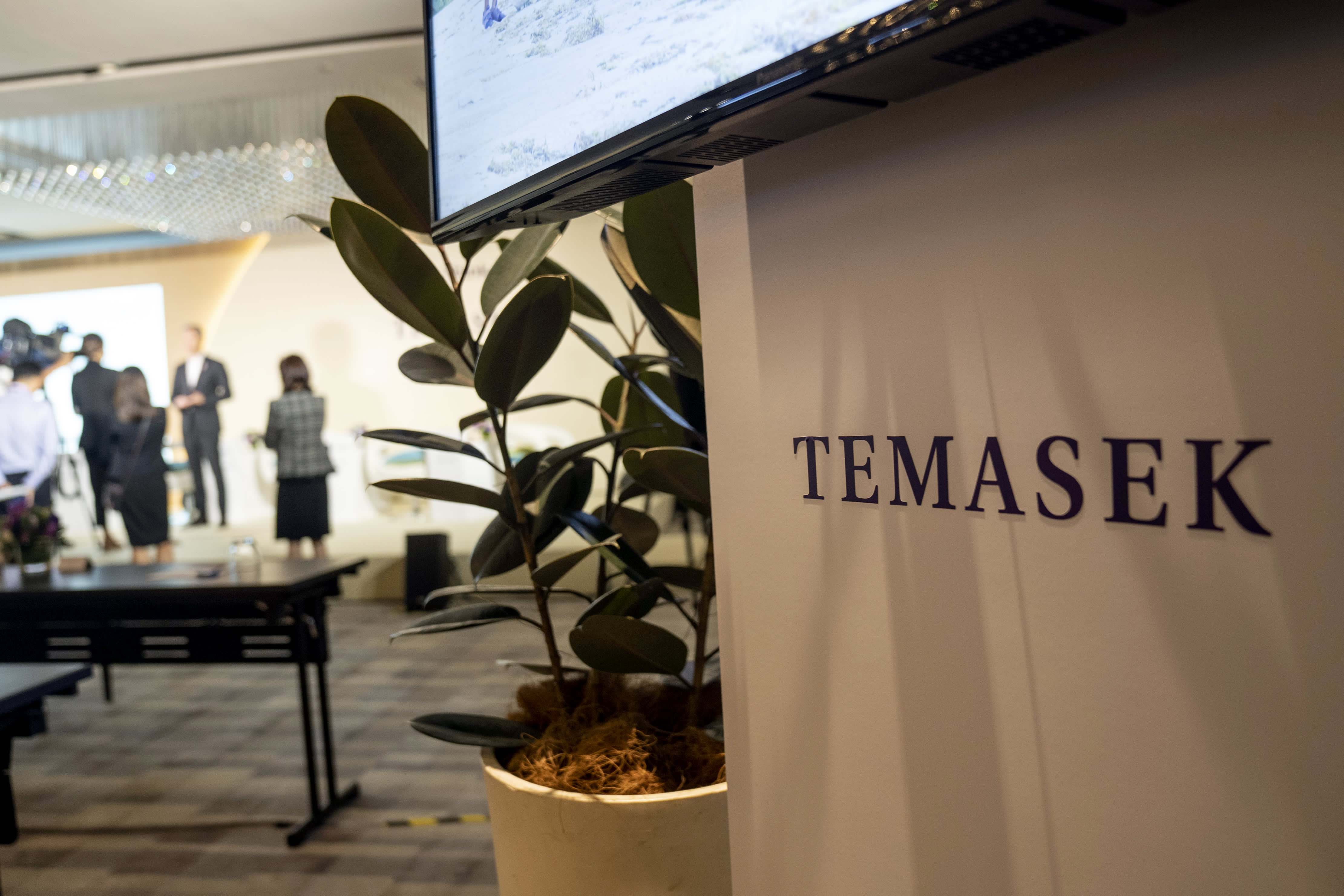
SINGAPORE — Temasek Holdings reported Tuesday that the net value of its portfolio grew to $286.48 billion (403 billion Singapore dollars) at the end of March — that’s S$22 billion higher than the previous year, surpassing last year’s record high.
Still, the state-owned investor warned that the outlook for the global economy remains in a “fragile state.”
“Amid the uncertainty in global markets, we steadily invested and divested to capture opportunities aligned with long-term structural trends,” Temasek said in a statement. “We aim to construct a resilient and forward-looking portfolio, with sustainability at the core of all that we do.”
In its annual report released Tuesday, Temasek said one-year shareholder return was 5.81% in Singapore dollar terms. Returns for the 20-year and 10-year were respectively 8% and 7% compounded annually, the firm added.
During the financial year, the company invested S$61 billion and divested S$37 billion.
Global economy
Geopolitical uncertainties coupled with “rising inflation, surging commodity prices and severe supply chain bottlenecks have uncovered further fault lines in the global marketplace,” Temasek said.
Given the “likelihood of a recession in developed markets over the next year, we maintain a cautious investment stance while staying focused on constructing a resilient portfolio underpinned by the structural trends we have identified,” said Rohit Sipahimalani, Temasek’s chief investment officer.
More than 60% of Temasek’s portfolio is in Asia, with Singapore making up 27% of it and China accounting for 22%.
China may face challenges achieving its 2022 growth target of 5.5%, given weakness in its growth so far this year, Temasek said.
“Policy agencies are likely to maintain a supportive stance to buffer headwinds from soft property activity and pandemic restrictions,” the report noted.
As for Singapore’s economy, the Singapore investor expects expansion to be slower than earlier projected.
“Even though pandemic reopening will facilitate a stronger recovery in domestically-oriented and travel-related sectors, growth prospects in Singapore’s externally-oriented economy will be weighed down by the global backdrop and a risk of recession in developed markets,” Temasek said.
In the U.S., the labor market remains tight and inflationary pressures continue to be strong, the report added.
Given tightening financial conditions and elevated geopolitical uncertainty, “growth is likely to slow meaningfully and below trend, raising the risks of a recession into 2023,” Temasek said.
Climate investments
Over the year, Temasek boosted its efforts to invest in climate-related opportunities, and encouraged decarbonization efforts in businesses.
In June, it set up GenZero — an investment platform company wholly owned by Temasek — which seeks to deliver positive climate impact together with sustainable financial returns for the long term.
It has also invested in Ambercycle, an LA-based materials science company, which utilizes novel molecular separation technologies to recycle textiles into virgin-grade polyester. Temasek also increased its exposure in Solugen, a sustainable chemical start-up working to decarbonize the chemicals industry.
The state investor said it continues to engage with its portfolio companies in growing capacity for sustainability leadership and climate transition management.
For example, Singapore Airlines is working on a pilot with the Civil Aviation Authority of Singapore to use sustainable aviation fuel on SIA and Scoot flights. Separately, Sembcorp Industries hopes that by 2025, the company will be able to make its sustainable solutions portfolio contribute 70% of the group’s net profit, Temasek said.
Source: CNBC
